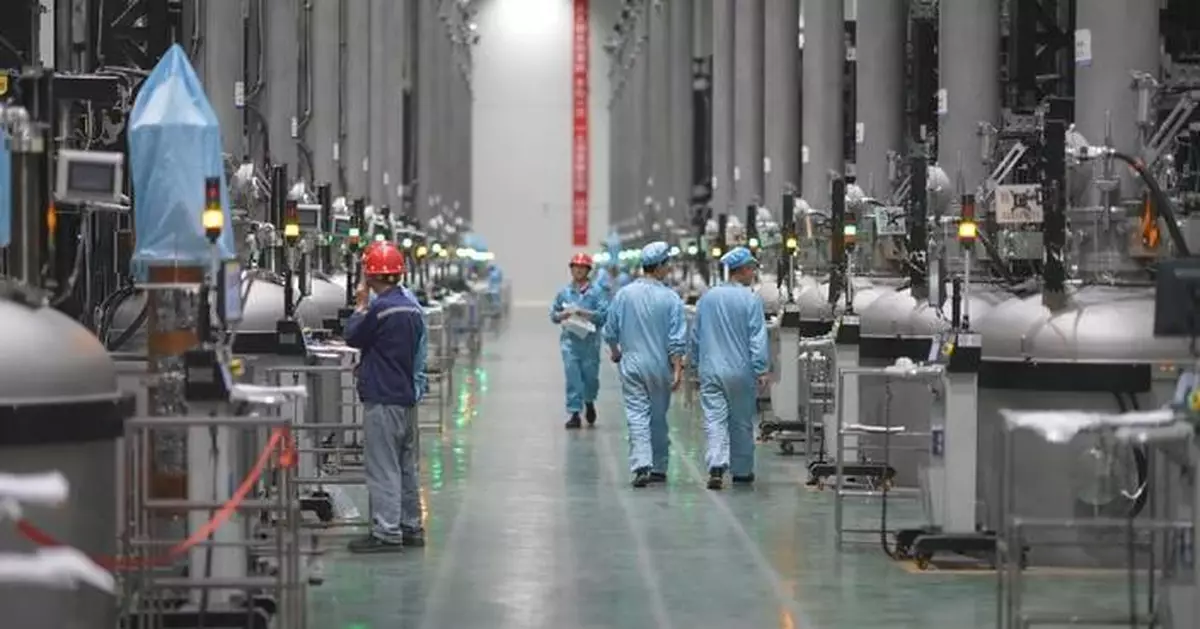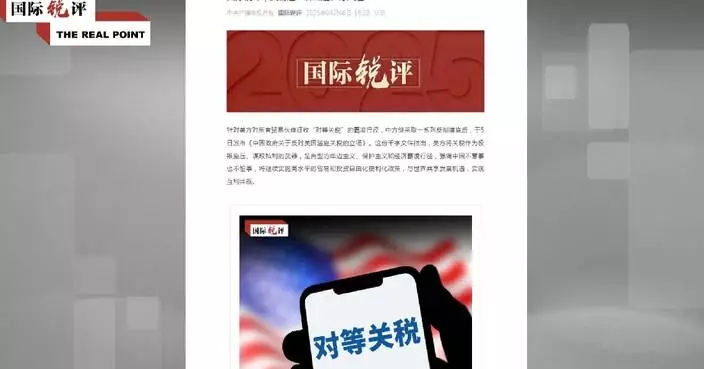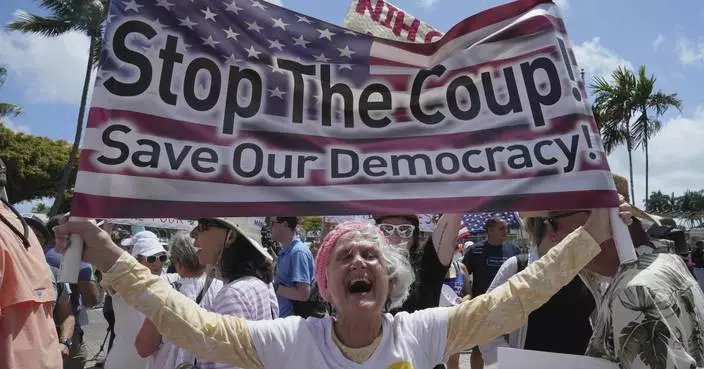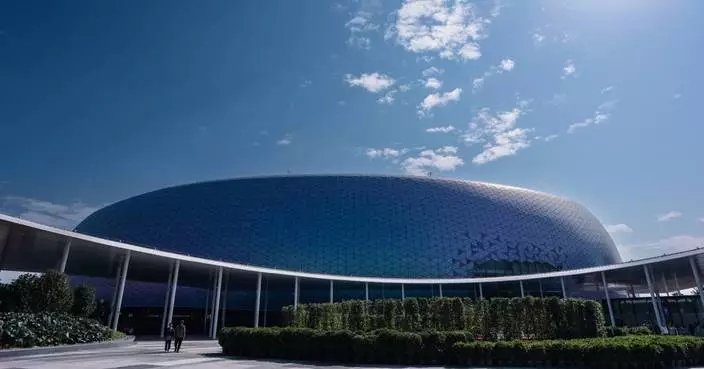Yunnan Province in southwest China is making the most of its location, resources, and green advantages to promote high-quality development of its private economy, the provincial official said recently.
Wang Ning, secretary of the Yunnan Provincial Committee of Communist Party of China (CPC), said that the province has taken various measures to integrate into the national development strategies.
"We have formulated guidelines to accelerate high-quality development of our private sector, focusing on project implementation, industry nurturing, and enterprise services. We encourage private enterprises to participate in the national initiatives including the 'Belt and Road Initiative'. We genuinely take private enterprises as our 'best partners' in Yunnan's development, aiming to enhance industrial value, improve business efficiency, and increase residents' income," said Wang.
Meanwhile, Yunnan has launched a new three-year plan this year to improve the business environment.
According to the Party chief, a series of measures have been introduced including targeted policies for businesses and direct channels for them to voice their concerns.
"We're always a strong supporter of private enterprise development. We have issued three lists to regulate government-business relations: a positive list, a negative list, and an advocacy list. These lists clearly define what are allowed and what are not, making it easy to understand. They are aimed to assure private enterprises of their investment and development," said Wang.
This year, Yunnan will use its resources to boost the private economy in industries like tea, coffee, flowers, and tourism, Wang said, adding that efforts will be made to improve the efficiency of environmental and energy saving reviews, and increase loan approval rates to help businesses enhance efficiency and reduce costs.
"We're actively fostering a sound industrial ecosystem where large, medium, and small enterprises are interdependent and integrated. We will promote the healthy development of the private sector and make it the driving force in the province's industrial transformation and upgrading," said Wang.
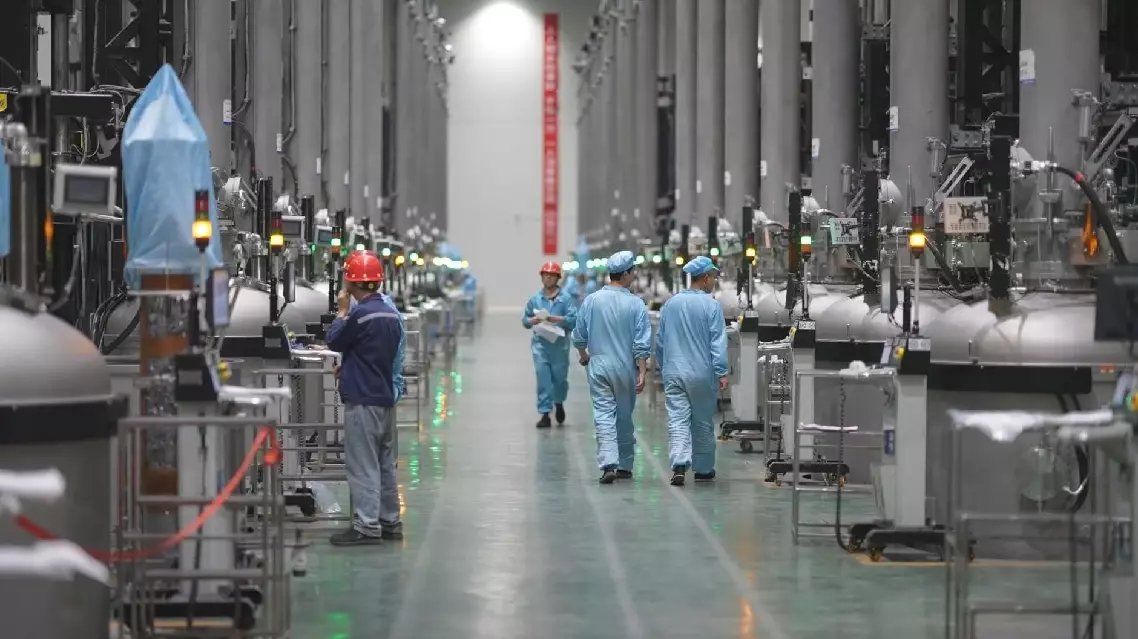
China's Yunnan takes measures to boost its private economy
A 25 percent import tariff on all foreign-built vehicles entering the United States has raised serious concerns for manufacturers in South Africa.
Automotive giants like Mercedes and BMW have long used South Africa as a base for global exports -- but those plans may be shifting into reverse gear after the U.S. announced the punitive measures.
"If you take, for example, BMW, 97 percent of the X3 that we are producing in Rosslyn is exported out of the country. We only sell 3 percent in South Africa, and there's a huge number of those vehicles that also go into the U.S. So there are companies in South Africa that are purely here not because they are selling vehicles in South Africa; they are here to produce vehicles for the global market, and it's important for them to remain globally competitive," said Mike Mabasa, CEO of the National Association of Automobile Manufacturers of South Africa.
U.S. automaker Ford, which has deep roots in South Africa, is also in the crosshairs.
The company recently invested over 300 million U.S. dollars to upgrade its Silverton plant in Pretoria, South Africa, for the production of the world's only plug-in hybrid Ranger, which has just entered production but could face delays or restrictions.
"If an American citizen wants to buy specifically a Ford Ranger that is a plug-in hybrid, they can only place an order in South Africa, nowhere else in the world. So, that means, obviously, the capacity of Ford to be able to produce those vehicles in big volumes is going to be constrained, because Americans are going be looking at another Ford that is produced in another country, or even in the United States," said Mabasa.
South Africa has long enjoyed duty-free automotive exports to the U.S. under the African Growth and Opportunity Act, but that relationship now hangs in the balance.
A sharp shift in U.S. foreign policy threatens to derail an industry that employs thousands and contributes around 5 percent to the country's economy.
"We produce less than 1 percent of global automotive vehicles, so to say. So, in reality, the impact on us is likely to be more disproportionate than those of our peers that produce at the same level. And the risk is actually created -- a concentration risk -- in countries that have greater capacity and are building more; in those countries will be able to absorb some of this," said Parks Tau, South Africa's minister of trade and industry.
Amid growing concerns about overreliance on the U.S. market, Amith Singh, national manager for manufacturing at Nedbank Commercial Bank, emphasized the importance of tapping into regional trade opportunities.
"I think we need to make better use of some of our local agreements, our African continental agreements. How do we leverage that? How do we partner with the government and private sector to start benefiting the countries and the economies aside from the United States? So, those could be the catalyst to drive our localization projects; it could be what we need to drive the African economy as opposed to being completely reliant on the States (United States)," he said.
South Africa is for now standing firm in its decision not to retaliate against steep U.S. import tariffs, set to take effect in just a few days.
Officials in Pretoria acknowledge the challenges posed by the current U.S. administration but are pursuing a diplomatic approach in hopes of maintaining stable relations and preserving the African Growth and Opportunity Act.
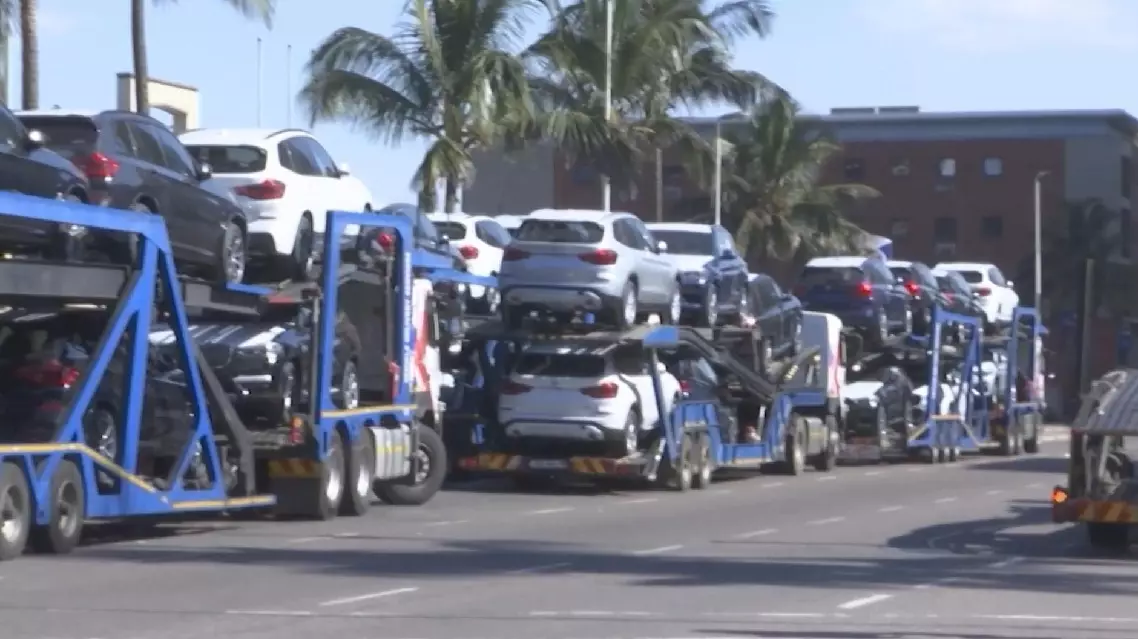
US tariffs rock South Africa’s auto industry



